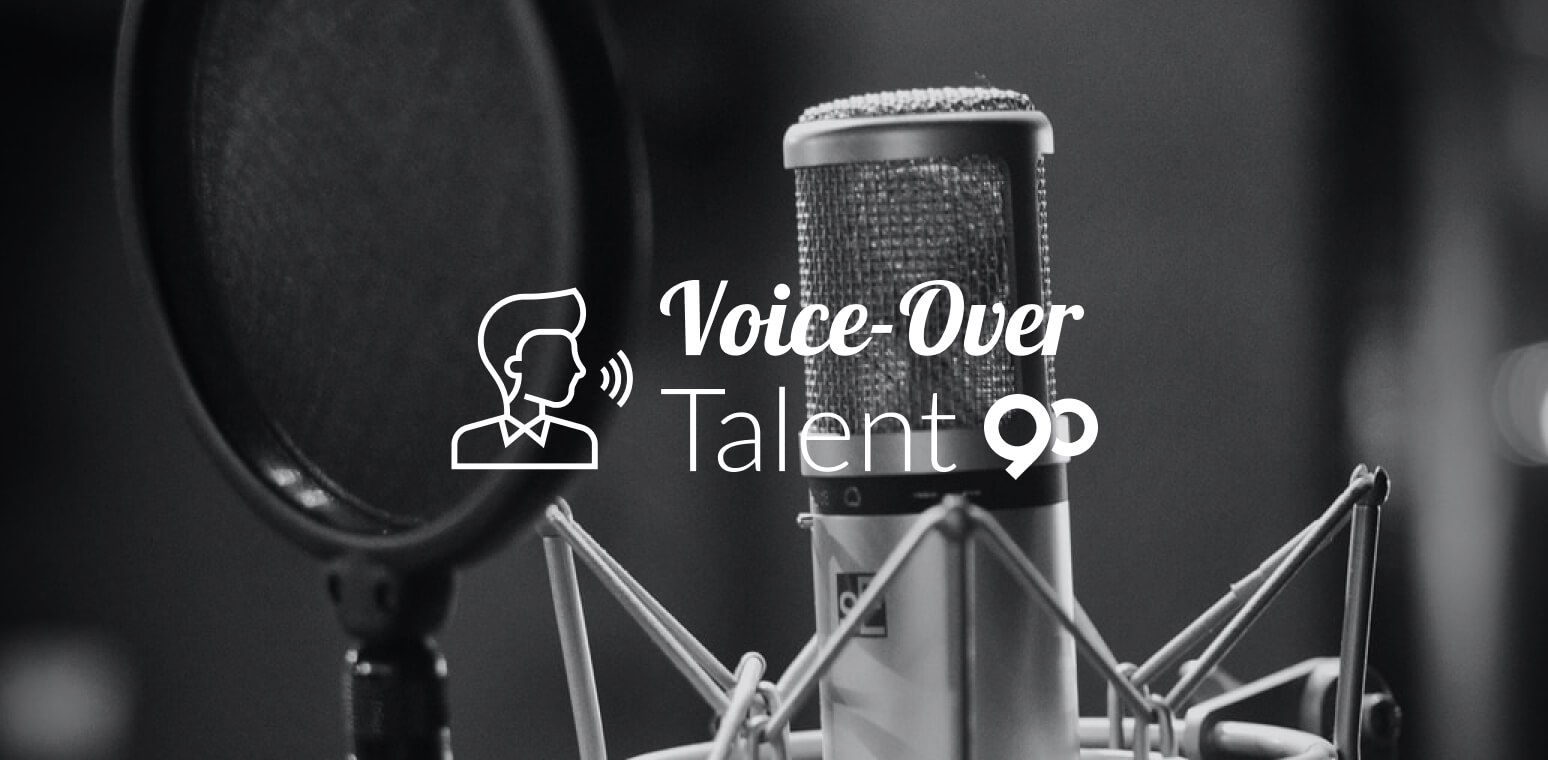Hi,
Get in touch with us today to chat about your next project.

Voice-over talent is responsible for recording the off-camera narration or dialogue that accompanies many video productions.
Voice-over artists are called upon to read scripts out loud in order to create an overlaying recording that will provide the video’s audience with additional information that is not revealed through the visual shots.
The specific role of a voice-over recording varies depending on the type of video it accompanies. In infomercials, commercials and promotional videos, voice-overs can be used to provide additional information on or create excitement about a product or service.
Television shows and movies often employ voice-over artists to narrate important plot elements, while documentaries and news broadcasts can use voice-over talent to add commentary and context to video and images.
The key requirements for successful voice-over talent are a good speaking voice and the ability to read a script with the appropriate tone, emotion, clarity and enunciation.
The primary role of a voice-over artist is to read a pre-written script out loud in order to make a voice recording that will overlay a video production.
Developing a strong and clear speaking voice is a crucial part of the process of bringing the script to life in the voice-over artist’s narration.
In addition, the voice-over talent is often called upon to employ a range of acting techniques in order to bring life and emotion to the script while maintaining a correct and believable attitude and tone.
Every voice-over project will have a different message depending on the purpose of the video it accompanies.
For example, the voice-over narration for a public service announcement will need to leave an emotional impression on the audience, while the message of the voice-over accompanying a commercial may be excitement about the advertised product.
In each case, the voice-over talent will need to decide how to convey the video’s message through the tenor and attitude of their narration.
Depending on the role of the voice-over narration in a particular video production, the voice-over artist may be asked to create a distinctive voice in which to read the script.
For commercial work, this unique voice may help with branding, while fictional pieces such as television shows may require the creation of a certain type of character and voice.
Voice-over talent will need to rely heavily on any acting experience or training in order to accomplish this task.
Certain video productions will require that the voice-over talent record several different versions of the script.
In these variations, the voice-over talent may be asked to read the script in a different tone of voice or to emphasize different words or sentences.
The goal of creating alternate versions is to allow the video’s director to choose the voice-over narration that best matches the purpose of the video.